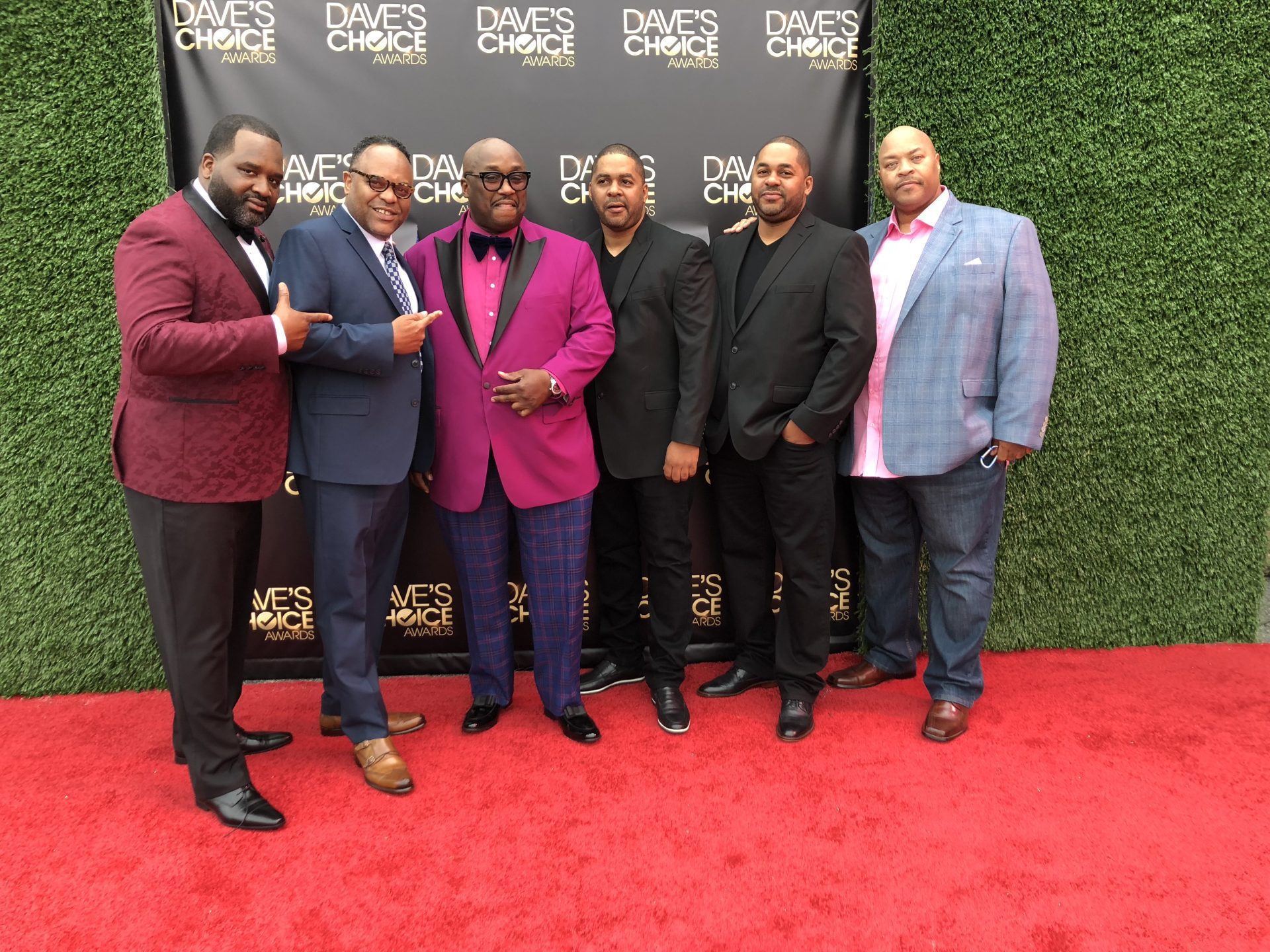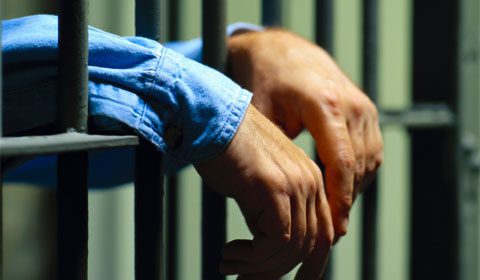
Prison B.R.E.A.K. is an acronym for Building Relationships Empowerment and Knowledge.
3 ‘Hots,’ 1 Cot
I met a man in prison who committed a felony just so he would end up there. He was destitute, homeless and had no family. “I was tired of living on the streets,” he said. “In here, they feed you, clothe you and give you a warm place to sleep at night. Plus, I got my teeth fixed.”
I was saddened by this man’s reality. I had never before considered that prison would be a welcomed option for anyone. But the three meals and the thin mattress on a wire frame were his leg up, and he was appreciative of that bare minimum. He even worked in the library for a fraction of minimum wage and was thankful for that too.
There were a few like him with similar stories. Then, there were the others. There were the men who were convicted and sentenced and sent away. The ones who hadn’t intended to be caught. The ones with nearly impossible expectations imposed on family members and loved ones. The ones who felt entitled to many things in spite of their wrongdoing, in spite of who they had been prior to incarceration. They seemed to expect support, particularly of the financial kind. They are the ones who often became resentful when they didn’t receive it.
When a person enters the penal system, heavy burdens are placed upon the people in their lives. No one likes to think of it this way, but it’s true. Loved ones are often emotionally, physically and financially taxed as a result of another person’s conviction. There are children that have to be moved around, placed. There’s the traveling, oftentimes long distances, for visits. There’s money to be put on books for food, phone calls, stamps, pictures and incidentals.
Generally, loved ones will stretch themselves thin and in some instances overextend themselves to make sure their father, son, brother or homeboy will not be at the mercy of another prisoner for simple provisions. So they do it, except when they can’t. And when they can’t, sometimes they are made to feel as though they’ve committed some egregious act. It is unfair to ask the people who love convicts to extend themselves, in any way. If they offer, great. But to ask, to knowingly impose a further obligation, is nothing short of selfish.
Convicts: If you receive any support of any kind from anyone beyond prison walls, consider yourself fortunate. Prison is not college. It is not something to be heralded or something for which you should receive recompense. It is a consequence of a choice you made. Although it’s difficult for you, imagine how it must be for those who love you. Imagine how hard it is for your children and the caregivers tasked with their guardianship. Imagine the cost of housing them, gas to get to visits, picture tickets and quarters for the vending machines once they arrive. These are people who do not have a guaranteed meal nor a guaranteed place to set their heads upon at night. They cannot visit a doctor without presenting an insurance card or cash. It all costs money. And on top of all of the everyday worldly things, there’s you. You don’t experience a tenth of the pressure people on the outside do, so why contribute to it? Here is where your intestinal fortitude and your integrity will be put to the test. Here is where you decide what type of person you are or will be. Here is where you make an attempt at easing burdens rather than perpetuating them.
Loved ones: You should never feel obligated to do anything for a convict. If you are moved to support them in any way, awesome. Anything you grant an inmate is a real blessing. However, their comfort is not your responsibility. You will most likely be asked to provide some form of financial assistance.
Please, don’t feel guilty if you can’t. Although they will only make pennies on the dollar, there are jobs in prison. And though no one will ever admit it openly, there are myriad, albeit unsanctioned ways an inmate can make money on the inside. If you can spare anything, then, by all means, do. And if you do, do so freely, with no strings attached and zero expectation of repayment.
Dave Bishop is the founder of the nonprofit organization, K.I.T.E. Inc., Konnecting the Incarcerated Through Excellence. The mission of the organization is to provide mentoring and support to children, younger than 18 years of age, who live in urban, underrepresented areas, and have at least one incarcerated parent. K.I.T.E. facilitates programs dedicated to providing financial assistance, emotional and crisis counseling, and educational and life skills training.
Connect with Dave:
www.Savemykite.org
[email protected]
IG: Kite_Inc FB: KITEUSA IG: @davereign
















